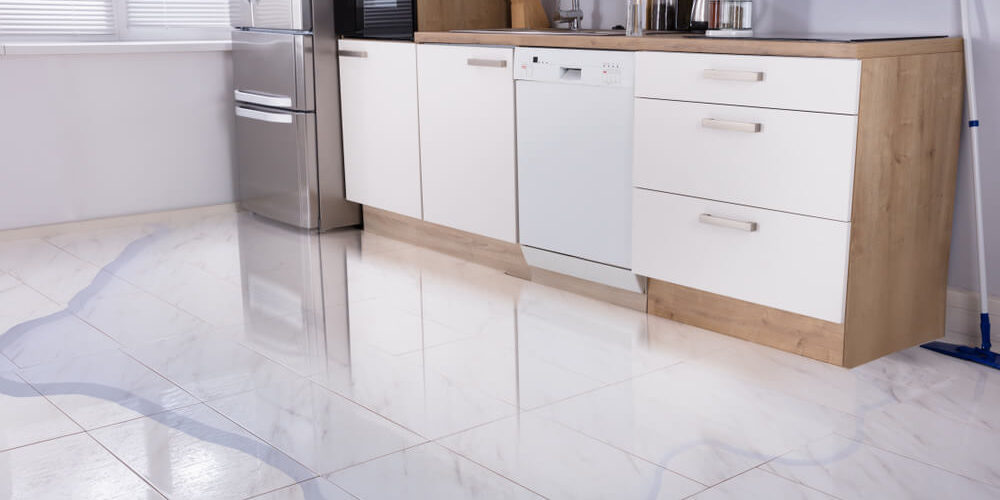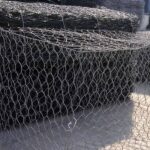If you are at home when a water leak happens, count yourself lucky. Some people return from working all day — or even worse — from being gone on vacation to find that something in their home has sprung a leak. The longer water remains within your home, the more chance there is for water damage, including mold. Water leaks can occur anywhere in your home, especially in the bathroom and kitchen. Here are 10 ways water leaks can occur, and how to figure out the cause of your leak before water damage sets in.
1. Hot Water Heater
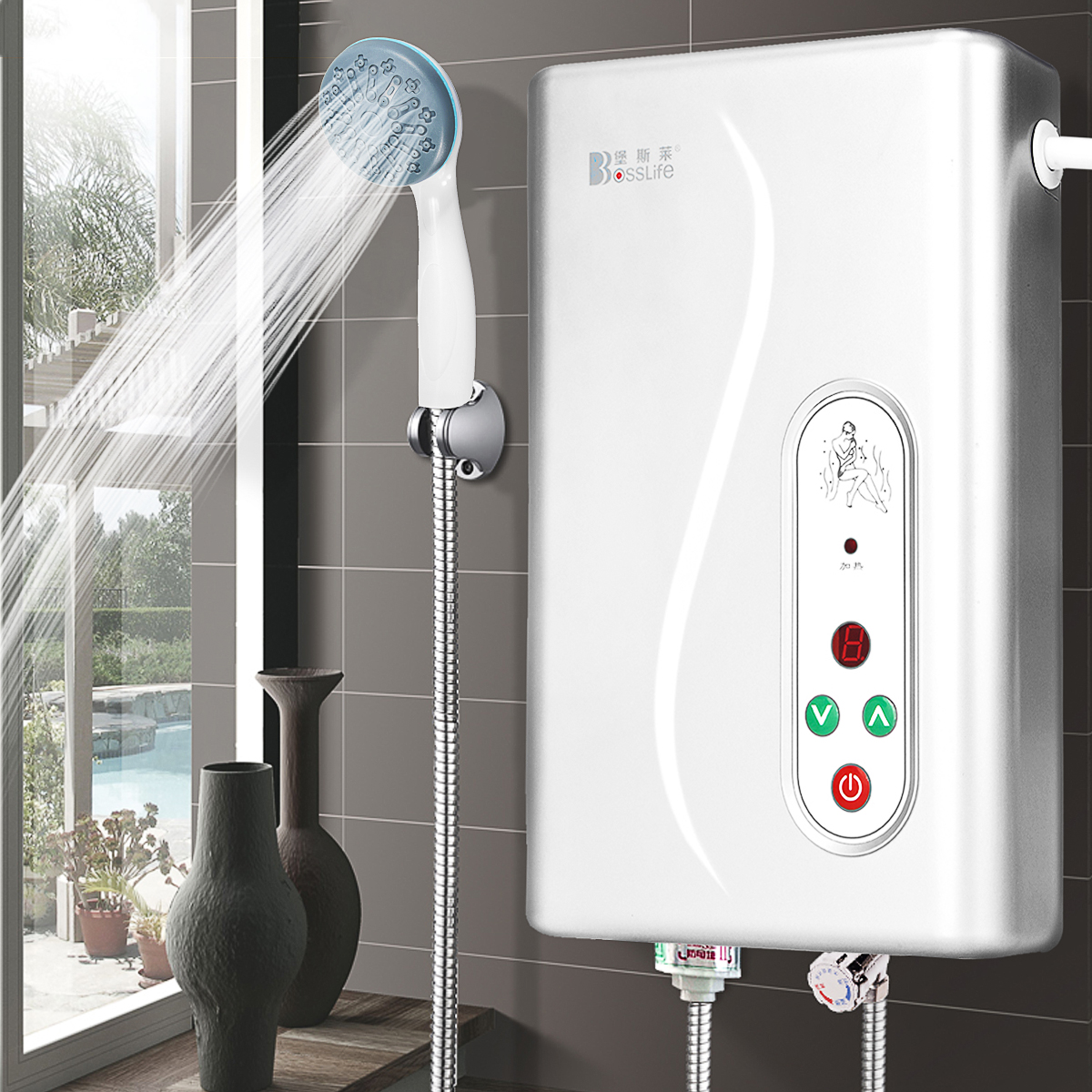
According to a Houston plumber, Nick’s Plumbing & Sewer hot water heater leaks are almost inevitable if you don’t replace your hot water heater within a certain number of years, “The nature of the construction of a tank-type water heater almost guarantees that it is going to start to corrode, begin to leak, and will eventually fail entirely by bursting open and flooding your home with its contents.”
If you see water puddling underneath your water heater, then your water heater is leaking. Before the water heater completely fails, get it replaced.
2. Washing Machine
The supply hoses to your washing machine can rupture and cause a leak. If you see water seeping out from underneath your washing machine, this is likely what happened. Look at the hoses for cracking.
There may be wet spots on the adjacent wall and baseboards,too, which could cause water damage.
3. Shower or Tub
Showers can have leaks behind the tiles, and it could take a long time for you to detect them. One sign is if the tiles are lifting. Another sign of a leak could be water seeping out from underneath a tub. A faulty drain can cause this.
4. Sink
One way you’ll know your sink is leaking is if you discover water inside the cabinet underneath the sink. If this happens, you’ll need to place a bucket underneath the leaky pipe until you can get it fixed. You’ll also need to make sure you ventilate the area so it can dry out.
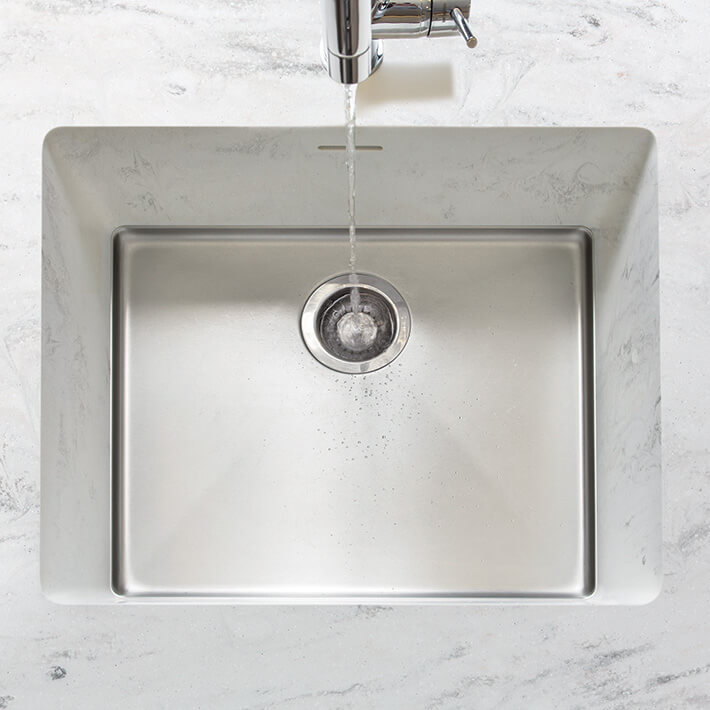
5. Toilets
A leaking toilet can be caused by several different things. It can come from the water supply, toilet tank, or underneath the toilet where the flange and wax ring are located. If you find water leaking around the toilet, turn the water supply off.
6. Refrigerator or Dishwasher
When it comes to refrigerators, leaks can occur via the ice maker or water dispenser. A dishwasher’s water supply lines can leak as well, which you may not notice until the floor around the dishwasher becomes wet.
7. Central Air Conditioner
One cause of a leak is if the central air conditioner’s drain line happens to clog. Although central air conditioners have condensate pans to catch moisture, they are unable to handle the buildup that can occur if the drain line is blocked. The noise of dripping water will likely alert you to this problem.
8. Basement Leaks
If your home has a basement and you notice that there’s water leaking in, it may be from the basement’s exterior drain system being clogged with mud or silt. It could take a long time for you to notice your basement leaking if you rarely go down there, so it’s helpful for you to periodically make a trip into the basement to check for water leaks. Look at the wall-floor joint for cracks and moisture, as well as throughout the floor.
9. Ceiling Leaks
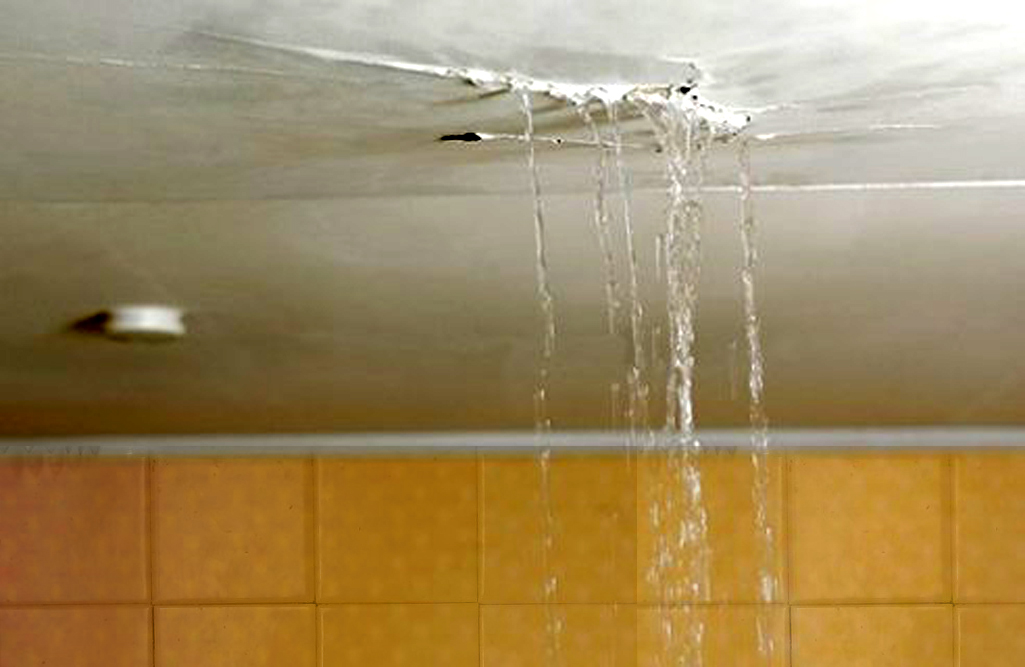
Leaks in your ceiling can occur from items inside of your home or as a result of a leaky roof. If your roof is leaking and needs to be repaired or replaced, you don’t need a plumber. But if you happen to live in a second-story home, and you notice water damage or other signs of a leak on the first-floor ceiling, the leak is coming from a water source in your home. The first thing to check is the upstairs bathroom. Look around the toilet and bathtub to see if there is any water. If not, the leak could be behind the wall or underneath the floor.
10. Gutters
Although you might not think a leaky gutter is too much more than a nuisance, they can cause a big problem. If you’re not in the habit of cleaning your home’s gutters, they can fill up with leaves, dirt, twigs and other debris, which can keep the rain water from staying inside the gutter. Instead, it will flow over the side, which can seep into your home’s foundation and cause damage.
